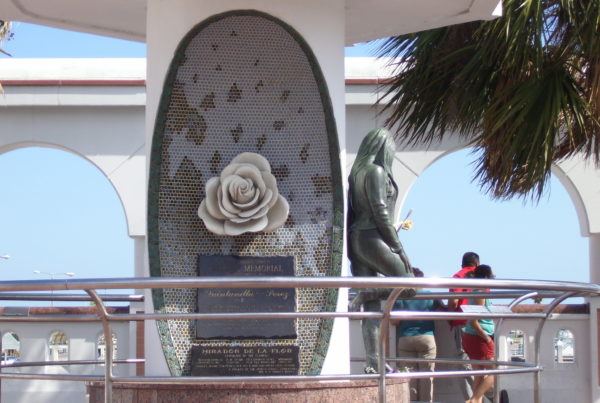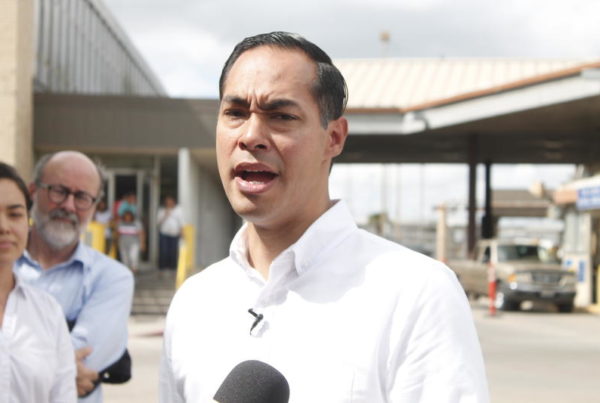Kurdish forces in northern Syria could be overrun by the Turkish military now that President Donald Trump has decided to withdraw U.S. troops from the region. The White House announced the plan on Sunday.
Jeremi Suri is Mack Brown chair for global leadership and a professor at the LBJ School of Public Affairs at the University of Texas at Austin. He says the American troops were one element of a complicated collection of groups in the region. Some have competing interests: Turkey; the Kurds, who are a threatened minority group in Turkey, and who seek an independent state; Syria, which is led by authoritarian President Bashar al-Assad; plus American allies, and more.
“What’s making this particularly difficult is that the levels of violence keep escalating, not deescalating,” Suri says.
The recent U.S. mission in northern Syria was to defeat the Islamic State, also known as ISIS. It worked for years with Kurdish fighters who were part of the Syrian Democratic Forces, or SDF, to do so, and now that much of ISIS has been quashed, President Trump decided it was time to withdraw troops from the region. But ISIS hasn’t fully disappeared, and Suri says the U.S. is abandoning a “key ally” that’s helping keep ISIS at bay.
“The Kurds have been a key actor, receiving weapons and aid from us on behalf of that fight,” he says.
Suri says the SDF has been holding over 10,000 ISIS members and sympathizers in Syria, near the Turkish border, with help from U.S. troops. BUt now that U.S. troops are leaving, the Turkish military plans to move in, which threatens the Kurds and means that captured ISIS members could flee.
“The Turks are not in a position, nor do they have the will, to hold these ISIS prisoners in the way that the Kurds have,” Suri says. “And so, they are likely to scatter, and many of them are likely to become active terrorists again.”
Lawmakers from both parties have spoken out against Trump’s decision, saying it could allow Islamic State terrorism to resurge. They’ve also warned that leaving means America is abandoning an important, long-time ally.
“The Kurds, going all the way back to the war in Iraq, have been our most important allies, most consistent allies,” Suri says. “Abandoning them, it’s like abandoning our key allies in any other region of the world.”
The Kurds are a minority ethnic group in Turkey who seek an independent state. While the United States hasn’t helped them achieve that, it has promised to protect them in exchange for their help fighting ISIS, and more.
“They expected that we would, at the very least, continue to the there to protect them against the ethnic cleansing of the Turks,” Suri says.
Now, the Kurds will likely turn to Syria’s President Assad for protection from Turkey. That could embolden Syria’s allies, Iran and Russia, which would have a negative effect on Saudi Arabia – a U.S. ally – and could also threaten the safety of U.S. troops abroad.
“We will see a rise of terrorism within the region,” Suri says.
Written by Caroline Covington.













